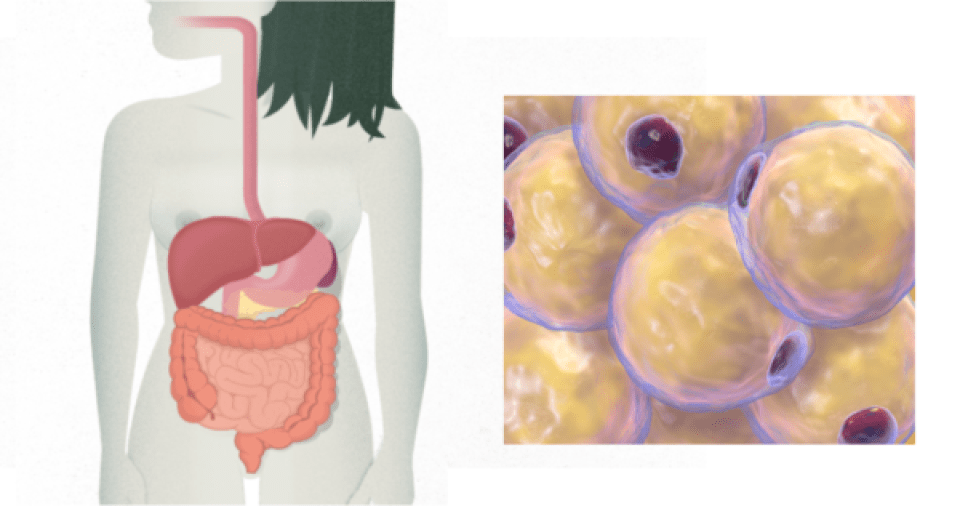Nowadays, conventional pharmacological treatment for people with fistulant Crohn's disease has proven to be ineffective. With the anti-TNF infliximab the proportion of patients who achieve complete healing of the lesions after one year is only 21%.
Recently, the results of a clinical trial (ADMIRE-I) that evaluated the efficacy of perianal fistula treatment with mesenchymal stem cells of adipose origin (fat) have been published. After six months of treatment, 50% of the patients who received cell therapy managed to close all the fistulous orifices, out of a total of 212 patients. These efficacy data were maintained one year after receiving the investigational drug. In addition, no rejection reaction was identified, which gives this cellular treatment an excellent safety profile.
Mesenchymal stem cells are obtained from healthy donors through a surgical procedure called liposuction of adipose tissue. Subsequently, these cells are treated in the laboratory. The administration to the recipient is performed in a single surgical procedure under general or regional anesthesia. Initially, the surgeon cleans the fistulas and then injects about 120 million mesenchymal stem cells. This type of surgery is scheduled on an outpatient basis without requiring hospital admission.
This novel treatment uses mesenchymal stem cells or MSCs (Mesenchymal Stem Cells or Mesenchymal Stromal Cells) that are abundant in the bone marrow and adipose tissue (fat). Stem cells are cells that have the ability to differentiate into many other types of specialized mature cells such as bone, muscle, neuronal or endothelial cells. In this case, in addition, MSCs play an important role in tissue regeneration due to their ability to target areas that exhibit inflammation and cell damage. Once they are in damaged tissue, they exert an anti-inflammatory effect by regulating the immune response, so they help protect and repair the damage.
In March 2018 a product containing adipose stem cells, called Darvadstrocel, received approval from the European Medicines Agency (EMA) to be marketed in Europe as a treatment for complex perianal fistulas in adult patients with Crohn's disease. This novel cell therapy is already commercialized in northern European countries.
The use of these cells has two characteristics that confer great advantages over conventional treatments. On the one hand, unlike what happens in other cell or organ transplants, it does not require donor-recipient compatibility and therefore does not require immunosuppression. In addition, this treatment is an alternative to conventional surgery, which often causes very problematic side effects. Repeated surgeries on the perianal area lead to an increased risk of infection, fecal incontinence and, on occasion, it is necessary to perform ostomies (create an artificial output for fecal content).
Currently in Catalonia, the public health system (CatSalut) is in the process of evaluating drug coverage. The treatment is indicated in patients with Crohn's disease and complex perianal fistulas in which conventional medical treatment has not been effective.




